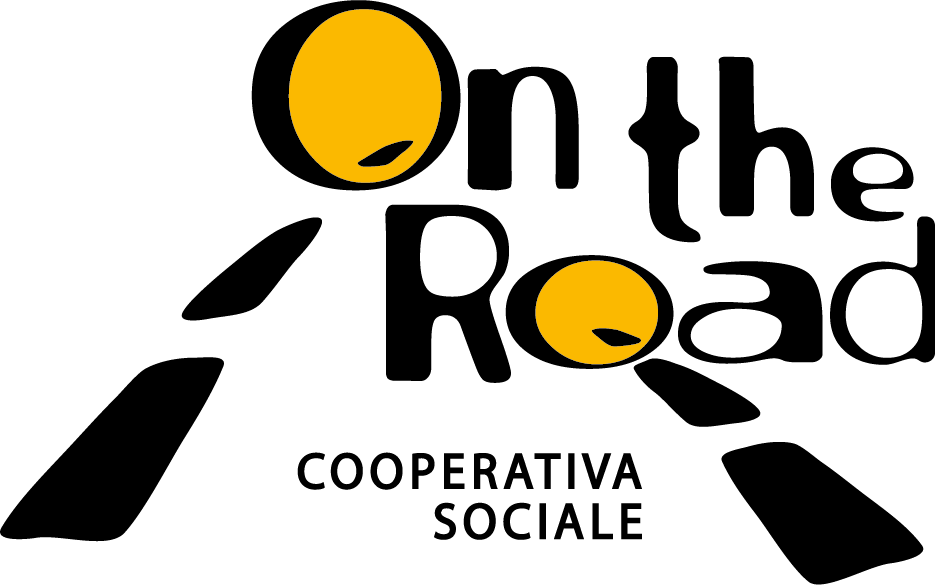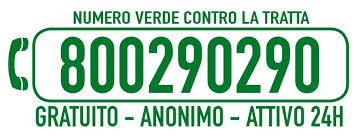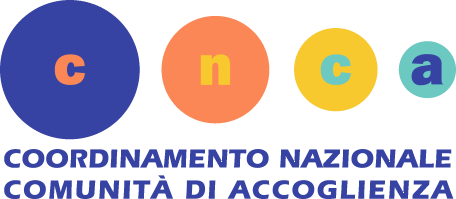THE PHENOMENON
“Human trafficking” means the recruitment, transport, transfer, accommodation, or receiving of persons with the constant threat of using violence, or the actual use of violence or other forms of coercion, by kidnapping, fraud, deception, authority misuse, or advantage of vulnerability, through offer or acceptance of payments or benefits in order to obtain the consent of a person having authority over another for the purpose of human exploitation.
Human trafficking is a growing concern, fuelled by the constant increase in demand and by the current growing of political instability in the countries of origin and transit of these victims. Poverty, unemployment, regional conflicts, and ethnic discrimination are some of the reasons that push these people to leave their countries of origin thus making themselves easy prey for the criminal organizations involved in human trafficking.
The routes used to access Italy are numerous and constantly subject to change to evade checks and respond to the organizational needs of criminal organizations. Upon reaching Italy, victims are often introduced into the reception and assistance circuit for international protection applicants. For this reason, the real challenge is to build an increasingly integrated multi-agency system capable of intercepting in advance people trafficking and exploitation and thus able to activate escaping opportunities.
Sexual Exploitation
Almost 100% of humans trafficked for sexual exploitation are women, although there are data also of children and transsexuals.
Their exploitation takes place in the streets or in private apartments, night clubs as well as wellness centres. They are controlled by criminal organizations through physical and psychological coercion mechanisms that make it even harder to undertake a way-out process. Often they are bound to pay a disproportionate debt that they are forced to repay with the small gains of their work.
With our multidisciplinary teams, we work side by side with them in order to build the basics of their empowermentEmpowerment L’empowerment, in italiano “potenziamento”, rappresenta un modello di servizio sociale attivo che consente a persone, organizzazioni, comunità, di valorizzare le proprie abilità e individuare risorse aggiuntive in sé stesse, nel proprio gruppo o nel proprio ambiente sociale, al fine di migliorare proattivamente l’equità e la qualità della propria vita. that will bring them to balance and autonomy.
Labour Exploitation
Organizations working on labour exploitation take advantage from the vulnerability of migrants and their need for sustenance. Lack of documentation or of alternatives leads these people to accept terrible living conditions, with very long working hours and no breaks, conducting strenuous, harmful or dangerous working tasks, living in inhumane health conditions, much worse than in their country of origin.
Fighting labour exploitation of migrants requires a strong position to be taken by the stakeholdersStakeholder Lo Stakeholder, o portatore d’interesse, rappresenta una persona, organizzazione, comunità che, direttamente o indirettamente influenza o viene influenzata da un’organizzazione e dalle attività da essa implementate. in the labour sector – labour unions, producers, distribution – politics, and by an active participation of the population who must be aware of the production processes of the products they purchase.
Begging Exploitation and Illegal Activities
People who are forced to beg by criminal organizations usually ask for money or perform services such as car windshield washing at the traffic light, selling paper handkerchiefs, lighters, key rings, and flowers.
Often these are people with physical problems or pregnant women or children used to arouse compassion and get more money. Criminal organizations are involved in their recruitment in their country of origin, travel and exploitation in Italy. Sometimes begging activities are associated with other illegal activities such as thefts, pickpocketing and drug selling. Living conditions are often very harsh, characterized by extreme poverty, strict control by the exploiters, and punishments in case of poor earnings.
Our teams meet them in the streets where they are exploited, create relationships of trust with them, and propose way out opportunities and emancipation.
HOW WE OPERATE
Mobile Units
Our mobile units come into contact with potential victims of sexual, labour, or begging exploitation in marginalization and mistreatment contexts. They consist of multidisciplinary teams of professional educators, road operators, linguistic-cultural mediators who are from the same countries of origin of the potential victims, legal assistants and volunteer medical practitioners.
During our fieldwork we take care of observing, mapping, and monitoring the phenomenon and its evolutions. We meet people, listen and carefully analyze their needs, accompany and educate them on accessing local services, offer counselling sessions, and establish a relationship of help.
We design and distribute information materials developed in the languages of the exploited people in order to spread information on health, promote knowledge on their rights and provide them with means to undertake a way out process. Through instruments such as a specific Toll-Free Number, the person asking for help can be immediately included into our national anti-trafficking network and housed in safe places away from areas of human exploitation.
At this stage, we work with the Police and the institutions in the identification procedures and undertaking of victims with a special focus on the protection of their rights. For this purpose, we have made agreements with the Bureaus and District Police of Teramo, Pescara, Campobasso that allow us to standardize the parameters for identification and to activate a genuine protection for the victims.
Finally, we play an important role in mediation with the local community in order to provide information on the phenomenon and prevent conflicts.
Drop-in Desks
Near the exploitation sites, we have 7 drop-in desks, where anyone can access and ask for information, guidance and help.
Here our legal professionals, psychologists and social workers offer listening and analysis of needs, guidance information, legal and social-health advises. We support and educate to local available services. We offer counselling and a relationship where help can be found.
We offer way out opportunities to these people from the exploitation and emancipation from violence and provide orientation towards social assistance and social integration programmes.
Finally, we work along with the Local Committees for the recognition of International Protection and Prefectures with the aim to activate all the necessary measures for identification and proper assistance to the victims of human trafficking who require or are holders of international protection.
Takeover of the victims, shelter and carrying towards autonomy
Once the way out process for the victims begins, we accommodate the beneficiaries in first shelter micro-buildings: safe houses and first and second accommodation homes, communities, families and autonomous houses. The type of accommodation is chosen by taking into account the victim – age, gender, which type of human exploitation the person was subjected to – his/her level of risk, his/her stage of individual programme, his/her will and personal skills.
After a first set up, we work together with these beneficiaries on individualized social integration and social programmes aimed to making them autonomous individuals. We provide protection, food and shelter, health care and psychological support, education and Italian language learning programmes, motivational workshops, educational and school activities, socialization and active citizenship activities, orientation counselling, professional training and placement and support in job placement.
Our multidisciplinary team is composed by professional educators, social workers, sociologists, psychologists, cultural mediators who work by making persons the centre of their attention, not the discomfort they are suffering or the target category of victims they belong to.
Orientation, training, job-placement
Thanks to our training and job-placement desk accredited by the Marche Region, we can offer individualized and flexible paths towards job-placement.
We propose individual and group orientation courses, basic school education and vocational training through well-recognized programmes at national and international level. We carry them through informational sessions on labour rights and employment opportunities, personal skill balance and curriculum vitae writing, matching their profiles with nearby companies, with the search of educational and of social integration trainings, including work grants and mentoring with companies.
For specific target types of people, we also offer self-employment and self-entrepreneurship workshops.
Awareness and Advocacy
We carry out actions directed to institutions, organizations and individuals with the aim of spreading correct information on the issue of human trafficking and trigger cultural change processes.
We participate in regional, national, and international meetings, networks and platforms, and we contribute to the definition of action models, legislative proposals, campaigns, action plans – we work with the organizational part of the National Anti-trafficking Plan.
We organize entertainment and local inclusion activities to educate, inform and raise awareness among citizens, especially among young people, about the phenomenon of human trafficking and about its socio-economic and gender-related consequences.
We produce and disseminate information and awareness campaigns that tell about the dynamics associated with human trafficking away from stereotypes and simplifications.



